Understanding Market Closures and Their Impact: A Guide to Dow Jones Trading Days in 2025
Related Articles: Understanding Market Closures and Their Impact: A Guide to Dow Jones Trading Days in 2025
Introduction
In this auspicious occasion, we are delighted to delve into the intriguing topic related to Understanding Market Closures and Their Impact: A Guide to Dow Jones Trading Days in 2025. Let’s weave interesting information and offer fresh perspectives to the readers.
Table of Content
Understanding Market Closures and Their Impact: A Guide to Dow Jones Trading Days in 2025
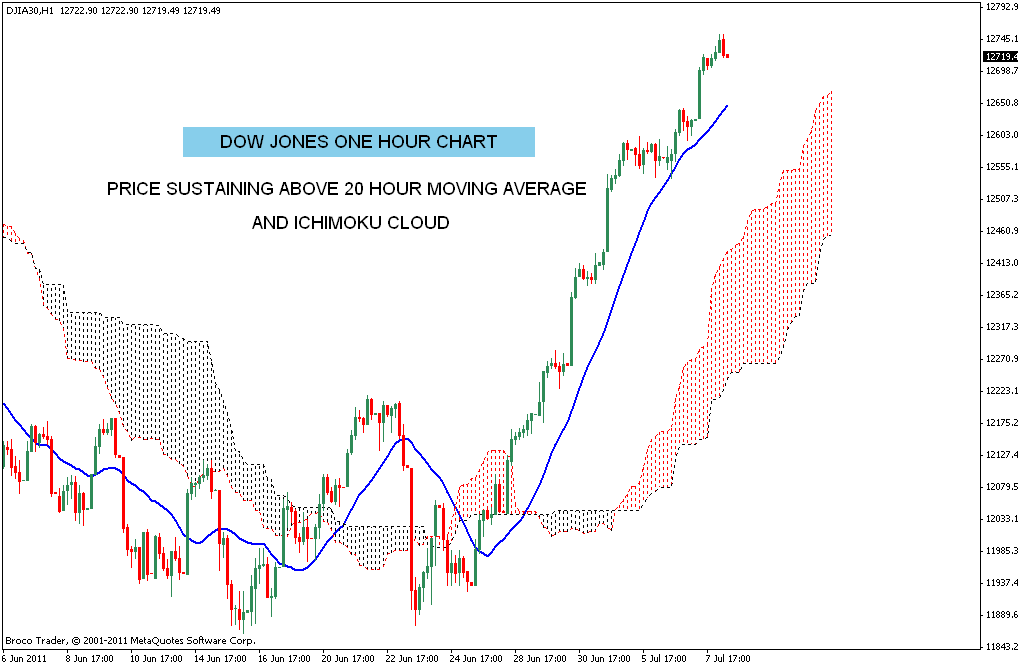
The Dow Jones Industrial Average (DJIA), a widely recognized benchmark of the US stock market, experiences scheduled closures throughout the year. These closures, often referred to as "market holidays," are essential for various reasons, including providing employees with time off, commemorating significant events, and allowing for necessary system maintenance.
While these closures might seem like a disruption to regular trading, they are crucial for the smooth functioning of the financial markets. Understanding the schedule of these closures is essential for investors and traders who rely on the DJIA for market insights and investment decisions.
2025 Dow Jones Holiday Schedule
The 2025 schedule for Dow Jones market closures is subject to change, but based on historical trends and current calendar information, the following dates are likely to be observed:
New Year’s Day: Monday, January 1st
Martin Luther King Jr. Day: Monday, January 20th
Presidents’ Day: Monday, February 17th
Good Friday: Friday, April 18th
Memorial Day: Monday, May 26th
Independence Day: Thursday, July 3rd (observed)
Labor Day: Monday, September 1st
Thanksgiving Day: Thursday, November 27th
Christmas Day: Wednesday, December 25th
Impact of Market Closures on Trading
Market closures have a direct impact on trading activities. While the New York Stock Exchange (NYSE), where the Dow Jones is calculated, is closed, trading is halted, and no price changes are recorded. This means:
- No trading: Investors and traders cannot buy or sell stocks during these periods.
- No price updates: The DJIA index will not be updated, and no price movements will be observed.
- Potential for market volatility: The resumption of trading after a holiday can sometimes lead to increased volatility, as market participants adjust to new information and events that may have occurred during the closure.
Navigating Market Closures: Strategies for Investors
Understanding the impact of market closures is crucial for investors to develop effective trading strategies. Here are some key considerations:
- Plan ahead: Investors should be aware of the scheduled market closures and factor them into their trading plans. Avoid placing orders close to the closure time to prevent potential issues.
- Monitor global markets: While the US markets are closed, other major markets around the world remain operational. Monitoring global market trends can provide insights into potential market movements upon the resumption of trading.
- Stay informed: Stay updated on any news or events that might impact the markets during the closure period. This will help in making informed decisions upon the reopening of trading.
Frequently Asked Questions (FAQs)
Q: What happens to my existing orders during market closures?
A: Existing orders placed before the market closure will be cancelled automatically. If you wish to trade during the closure, you can place orders to be executed upon the market’s reopening.
Q: Can I still access my brokerage account during market closures?
A: You can generally access your brokerage account during market closures, but trading functions may be restricted. However, you can still review your portfolio, check account balances, and access research information.
Q: How do I know when the market will reopen after a holiday?
A: The NYSE publishes a calendar of market holidays each year. You can also find this information on the websites of major financial news outlets and brokerage firms.
Q: What if I need to make a trade urgently during a market closure?
A: In emergency situations, you can contact your brokerage firm for assistance. However, it’s important to note that trades may not be executed immediately and could be subject to delays.
Tips for Successful Trading Around Market Closures
- Stay informed: Keep abreast of economic news and events that could affect the markets, even during closures.
- Utilize pre-market and after-hours trading: Some brokerage firms offer pre-market and after-hours trading sessions, allowing for limited trading outside regular market hours.
- Consider alternative investments: Explore investment options that are not affected by market closures, such as bonds or exchange-traded funds (ETFs).
Conclusion
Market closures are an integral part of the financial calendar, offering opportunities for rest, reflection, and system maintenance. By understanding the impact of these closures and implementing appropriate strategies, investors can navigate these periods effectively and make informed decisions to optimize their investment returns. Staying informed and prepared is key to ensuring a smooth trading experience, even during market closures.
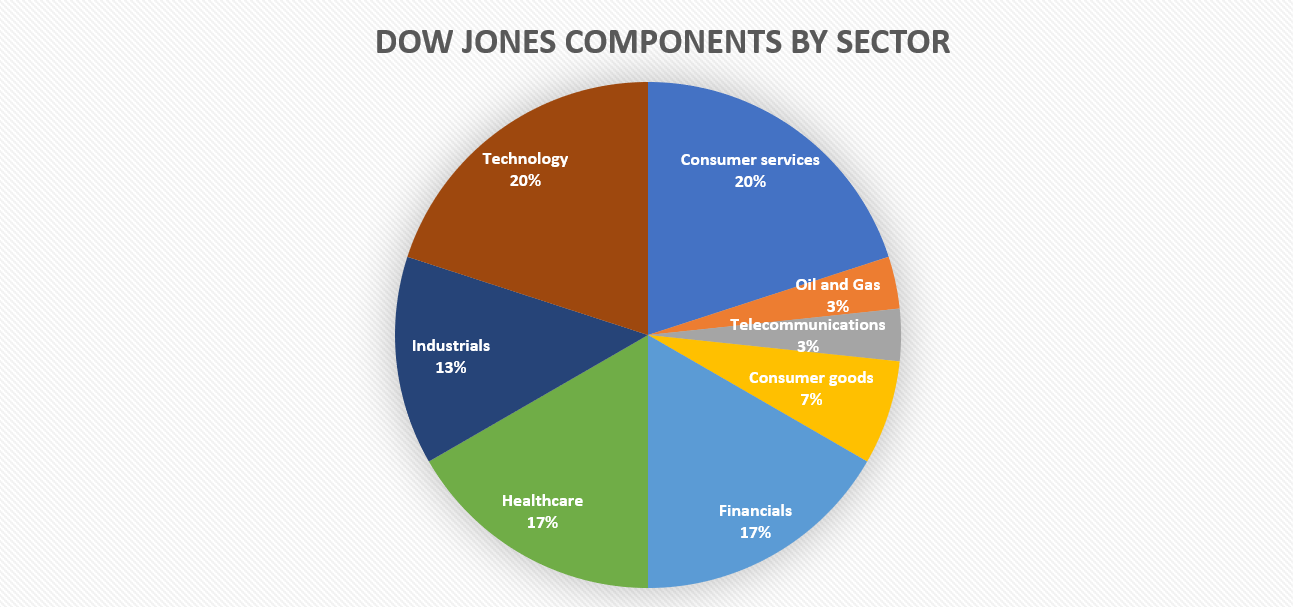
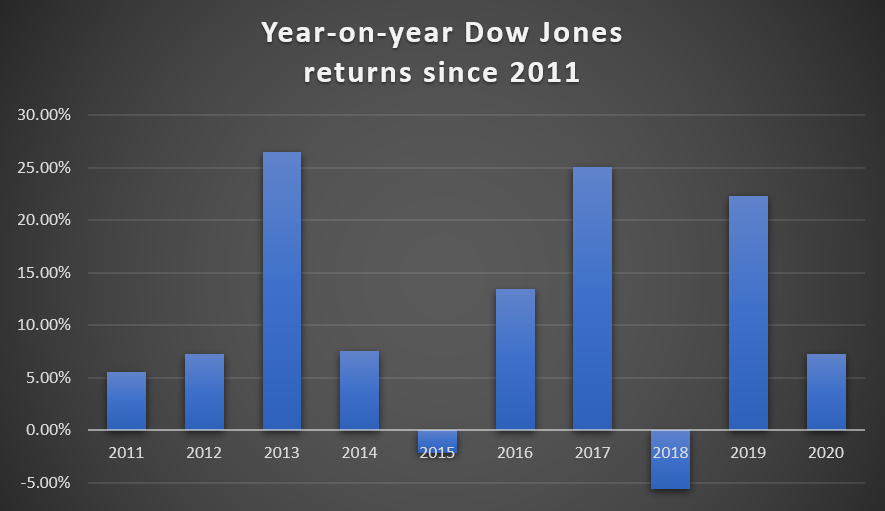
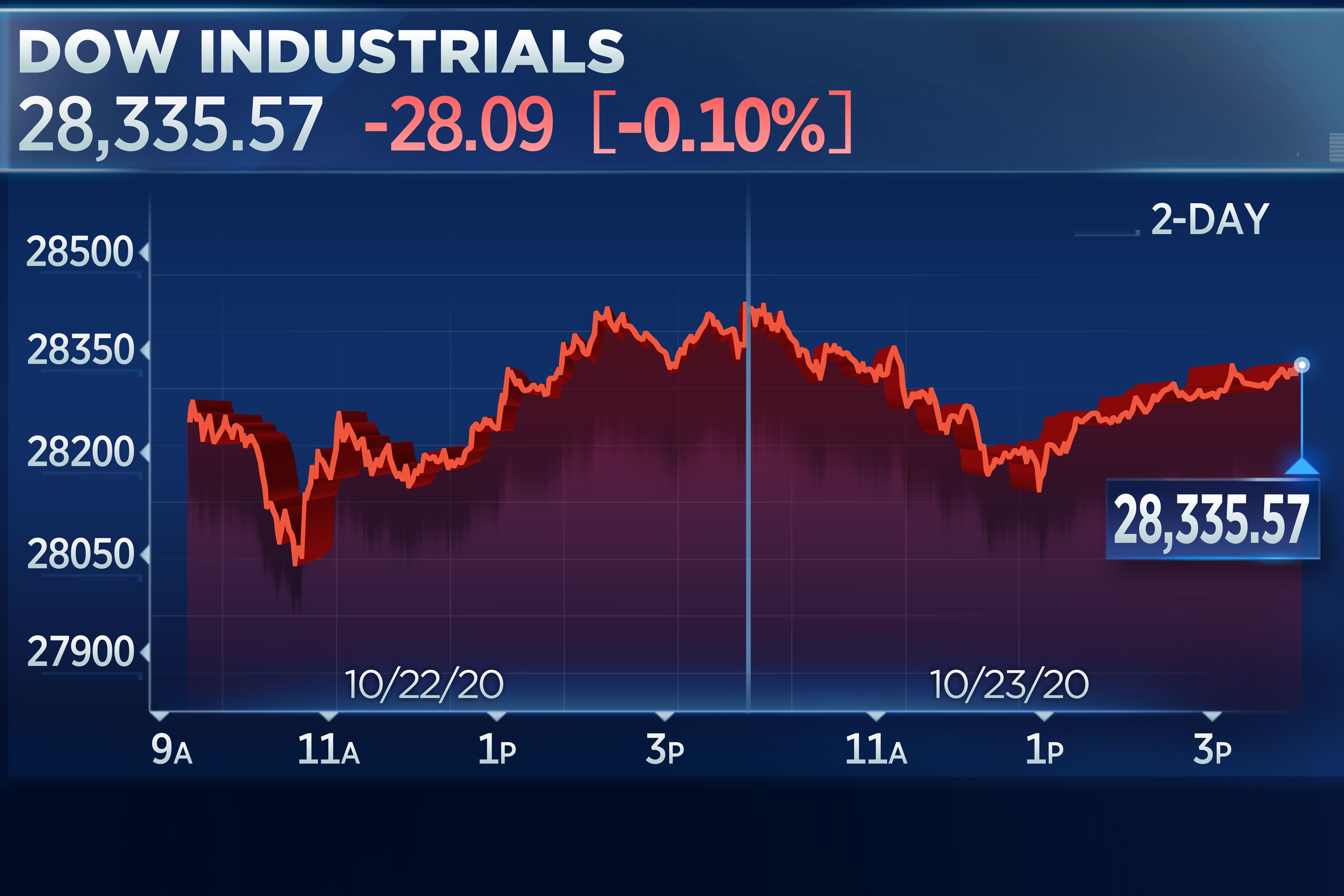
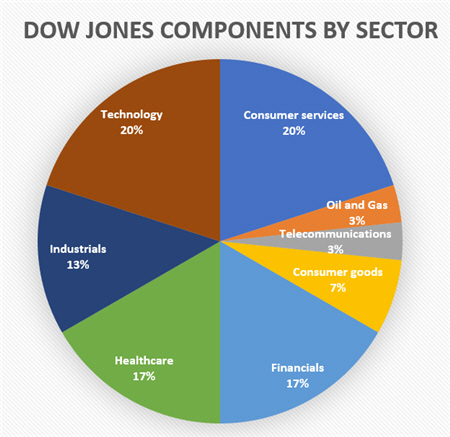



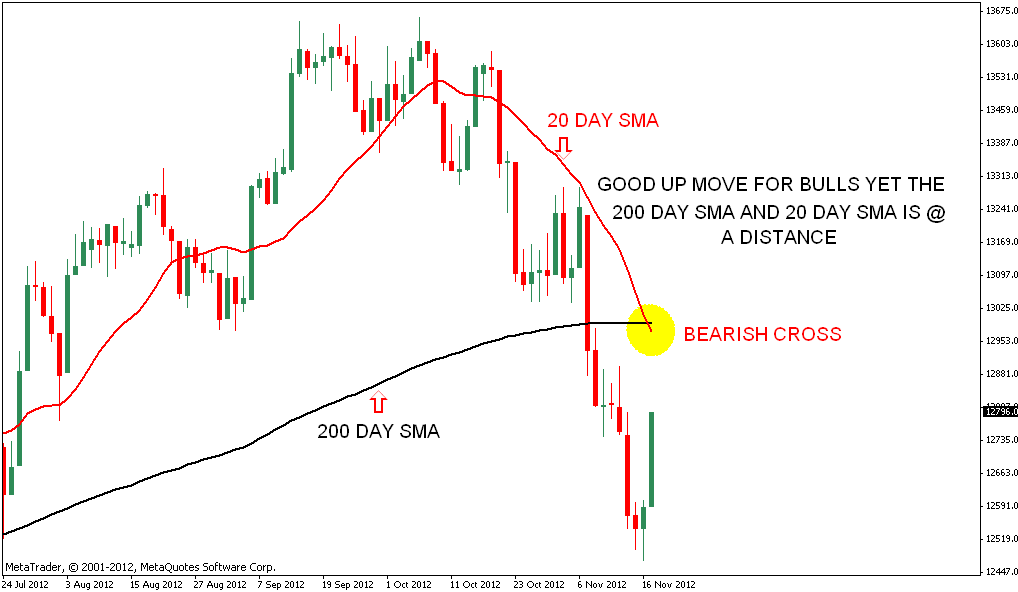
Closure
Thus, we hope this article has provided valuable insights into Understanding Market Closures and Their Impact: A Guide to Dow Jones Trading Days in 2025. We hope you find this article informative and beneficial. See you in our next article!